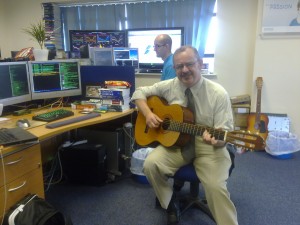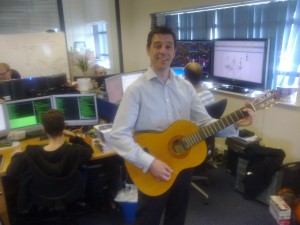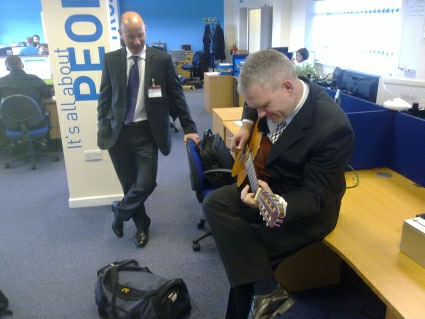It looks like nothing was found at this location. Maybe try a search or one of the links below?
Mayor of London Boris Johnson has promised full WiFi coverage of London in time for the 2012 Olympic games. It would be ironic if the Olympic Games WiFi coverage was shut down because someone had been caught indulging in online copyright infringement. As Mayor will he be the one having to turn up in court?


